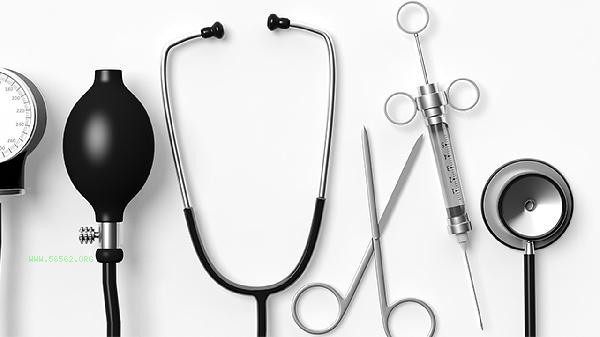It is recommended that hypertensive patients take medication between 7-9 am or 2 hours before bedtime. The specific time should be determined according to the fluctuation pattern of blood pressure, the type of medication, and the guidance of the doctor. The main influencing factors include diurnal blood pressure curves, duration of antihypertensive drug action, comorbidities, individual differences, and drug interactions.

1. Day night blood pressure pattern:
There is a circadian rhythm of "two peaks and one valley" in human blood pressure. Most people experience the first peak between 6-10 am in the morning, the second peak between 4-6 pm in the afternoon, and the lowest peak between 2-3 pm at night. Patients with pyogenic hypertension are recommended to take medication on an empty stomach in the morning, which can cover the peak blood pressure in the morning; Non spoon or anti spoon patients may need to take it before bedtime.
2. Duration of drug action:
Short acting antihypertensive drugs such as nifedipine tablets should be administered three times a day, medium acting drugs such as enalapril should be administered twice a day, and long-acting preparations such as amlodipine should be administered once a day. The duration of long-acting medication is relatively flexible, but fixed time medication can maintain stable blood drug concentration.
3. Impact of complications:

Taking medicine in the morning for patients with diabetes can reduce the risk of "dawn phenomenon". Patients with angina pectoris need to cover the high incidence period of cardiovascular events in the morning. Patients with chronic kidney disease may need to adjust the time of administration to avoid low blood pressure at night.
4. Individualized differences:
Night shift workers need to adjust their medication time according to the activity sleep cycle. Elderly patients should avoid taking medication before bedtime, which can cause low blood pressure at night. Those with abnormal results from dynamic blood pressure monitoring should develop a medication plan based on specific fluctuations.
5. Drug Interactions:
Diuretics should be taken in the morning to avoid increased nocturia. Beta blockers may affect sleep quality and should not be used before bedtime. Some antihypertensive drugs taken with food may affect absorption efficiency and should be taken on an empty stomach.

In addition to standardizing medication time, it is recommended that hypertensive patients measure their blood pressure at a fixed time every day and record it to avoid high salt diets and intense emotional fluctuations. Maintaining a regular daily routine helps stabilize blood pressure rhythms, and in winter, it is important to keep warm to prevent blood vessel constriction. Patients with other chronic diseases should undergo regular liver and kidney function check ups. If any discomfort symptoms such as dizziness occur, they should seek medical attention promptly and adjust their medication plan. Moderately engage in aerobic exercises such as brisk walking and swimming to control weight within the normal range.








Comments (0)
Leave a Comment
No comments yet
Be the first to share your thoughts!